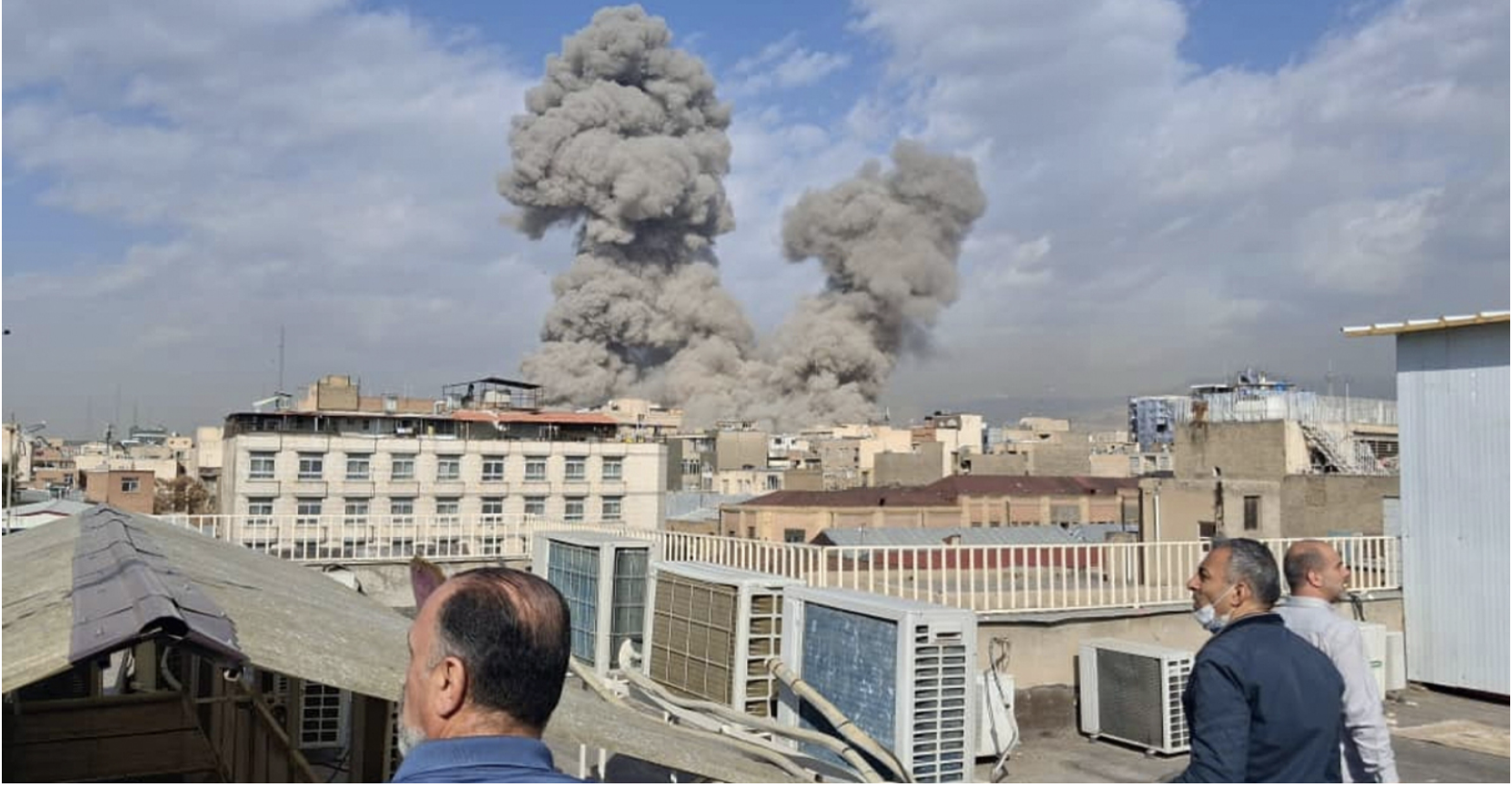In response to the escalating tension in the Middle East following the assassination of Hamas political leader Ismail Haniyeh, the United States is undertaking the largest deployment of warships in the region since October 7. This move comes amidst growing concerns of Iranian retaliation against Israel, heightening regional instability.
Following a phone call between U.S. President Joe Biden and Israeli Prime Minister Benjamin Netanyahu, during which the White House pledged defensive support for Tel Aviv against potential strikes from Hamas, Hezbollah, and the Houthis, the U.S. is now dispatching an aircraft carrier, warships, and a squadron of fighters to the Middle East in anticipation of Iranian counterattacks.
The U.S. is sending a carrier strike group, a squadron of fighters, and additional warships to the Middle East after Iran signaled its intent to retaliate for the killing of Haniyeh in Tehran. According to CNN, “this is possibly the largest movement of American forces in the region since the early days of the Gaza war, when the Pentagon sent two carrier strike groups to the Middle East as a very public warning to regional militant groups not to escalate the fighting.” This is occurring as Iranian leaders and their allies have already met, with Ayatollah Ali Khamenei present, to plan their retaliation against Israel.
In this context, “we heard the Supreme Leader loud and clear that he intends to avenge this assassination of a Hamas leader in Tehran and that they want to carry out another attack on Israel,” said John Kirby, the National Security Council’s Strategic Communications Coordinator, to CNN. He added, “We can’t just assume that we might not become victims of such attacks, so we need to make sure we have the right resources and capabilities in the region.”
Yesterday, U.S. Defense Secretary Lloyd Austin ordered the “USS Abraham Lincoln” strike group to replace the “USS Theodore Roosevelt” strike group, currently operating in the Gulf of Oman. Additionally, destroyers and cruisers capable of ballistic missile defense will be sent to the Middle East and the Mediterranean. Notably, two American destroyers in the eastern Mediterranean were involved in intercepting a barrage of attacks launched by Iran against Israel last April. Simultaneously, the U.S. Defense Secretary also ordered the deployment of a fighter squadron to the region. The U.S. already has the assault ship USS Wasp in the area, operating with the 24th Marine Expeditionary Unit, capable of evacuating American citizens in Lebanon if ordered.
Iran’s Attack Imminent
According to American officials, the Iranian attack “could happen in the coming days,” which is why the U.S. is closely monitoring the region for any signs of how it might unfold. The Jewish holy day of Tisha B’Av, which starts on August 12 and ends on August 13, symbolizes the destruction of the First and Second Temples of Solomon and is a critical date. According to American command assessments, Iranian retaliation may exceed a barrage of ballistic missiles and drones similar to last April, potentially evolving into a larger and more complex attack coordinated with their allies. Already, Hezbollah leader Hassan Nasrallah has hinted that a coordinated attack on Israel could be in the works, following Israel’s assassination of one of its top commanders in Beirut less than 24 hours before Haniyeh’s assassination. “Because they have chosen to fight everyone, they don’t know where the response will come from… the response will come separately or coordinated,” Nasrallah said in a speech.
Meanwhile, the office of Israeli Prime Minister Benjamin Netanyahu denied a report by Israel’s Channel 12 that there was disagreement between Netanyahu and top security officials over negotiations for a hostage deal and ceasefire last Wednesday. Specifically, the network reported a tense session of Israel’s security council last Wednesday night, when senior officials urged Netanyahu to accept a deal for the release of hostages and a ceasefire. According to the report, the Prime Minister struck the table, saying the team “did not know how to conduct negotiations.” “The report is incorrect,” the Prime Minister’s Office countered, noting that “the head of Mossad did not say there was a ready deal that needed to be accepted. The description that Hamas supposedly agreed to the terms of the agreement is false…”.
Citizens Prepare for Iranian Retaliation
Israeli citizens are feverishly preparing for Iranian retaliation, with basic food items flying off supermarket shelves. Additionally, the Jerusalem municipality has distributed a packet listing parking spaces that will be used as shelters and a list of bomb shelters, advising residents to reach the shelters within 90 seconds and to stock enough water and food for three days, along with medications, batteries, and flashlights.
Tehran’s Arrest Wave
A wave of arrests in Iran has also marked the countdown to retaliation, according to the New York Times. Iran has arrested more than 12 people, including senior intelligence officers, military officials, and staff at a military guesthouse in Tehran, in response to security breaches that enabled Haniyeh’s assassination.
The high-level arrests followed the killing of the Hamas political leader, who was visiting Tehran for the inauguration of Iran’s new president and staying at a guesthouse in northern Tehran. However, his stay at a heavily guarded compound in the capital just hours after the inauguration ceremony of Iran’s new president did not protect his life, severely damaging the prestige of Iran’s armed forces.
Ask me anything
Explore related questions





